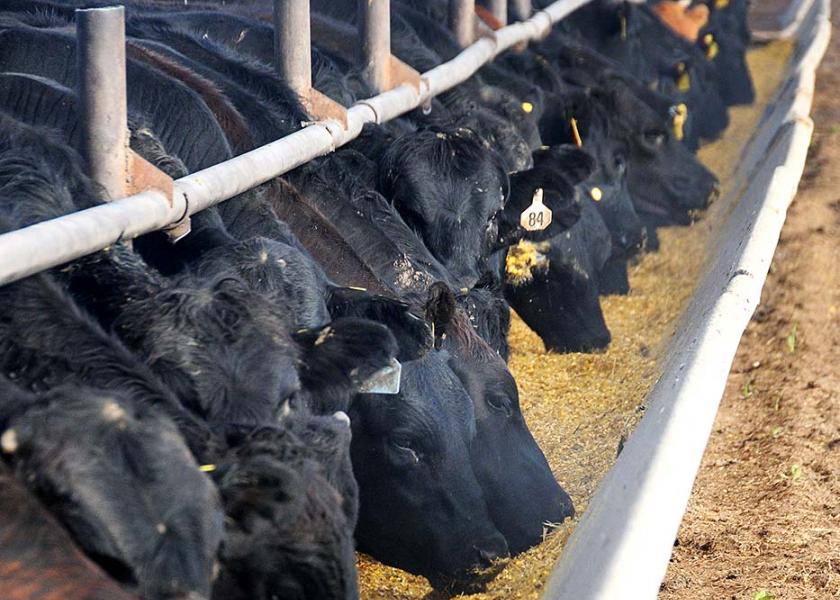Judge Denies Tyson’s Claim Against Easterday Sale

A federal judge in Yakima, Wash., last week denied Tyson Fresh Meats’ motion in bankruptcy court to pursue fraudulent transfer claims against Easterday Ranches.
In January, Easterday Ranches sold its 25,000-head North Lot to AB Livestock, a division of AgriBeef, for $16 million about a month after Tyson announced it had uncovered a “ghost cattle” scheme in which it was being billed to buy and feed non-existent cattle. Cody Easterday subsequently pleaded guilty to one count of wire fraud and promised to pay Tyson $244 million in restitution. He is scheduled to be sentenced Jan. 24.
The sale of the North Lot was concluded shortly before Easterday Ranches filed for bankruptcy protection. At issue for federal judge Whitman Holt last week was whether reselling the feedlot to the highest bidder for at least $25 million could benefit creditors, including Tyson. Tyson claimed the $16 million paid by AgriBeef was too low and amounted to a fraud on creditors, an allegation denied by Agri Beef and the Easterday estate.
Tyson, which has a 2,300-head per day slaughter facility in Pasco, Wash., had said it would pay $25 million for the feedlot. Judge Holt said Tyson’s pursuit, however, was likely to provoke lawsuits, with litigation possibly leaving less for creditors, according to a report in the Capital Press. "It's at best a jump ball," he said.
The ghost-herd scenario of 200,000 cattle that did not exist has led to several lawsuits and bankruptcies by Easterday Ranches Inc. and Easterday Farms.
Easterday faces up to 20 years in prison for the ghost cattle scheme but likely will see much less prison time based on federal sentencing guidelines. Easterday’s sentencing has been postponed twice to give him more time to help liquidate his family’s farming and ranching operations and raise money for Tyson and other creditors.
According to the Capital Press report, Alan Kornfeld, an attorney for the bankrupt Easterday businesses, said Tyson was trying to use the bankruptcy court to fix a business mistake. Cody Easterday needed cash and talked to Tyson about selling the lot, but Tyson only offered to subtract $10 million from the fraud debt. "Now they want a mulligan," Kornfeld said.
On Sept. 15 the U.S. Bankruptcy Court was notified that Agri Beef-affiliate Blue Tag Farms had bid $14 million for more than 600 pieces of equipment at Easterday farms and ranches. Farmland Reserve Inc., owned by the Church of Jesus Christ of Latter-day Saints, bought several Easterday farms in Benton County in July for $209 million.







